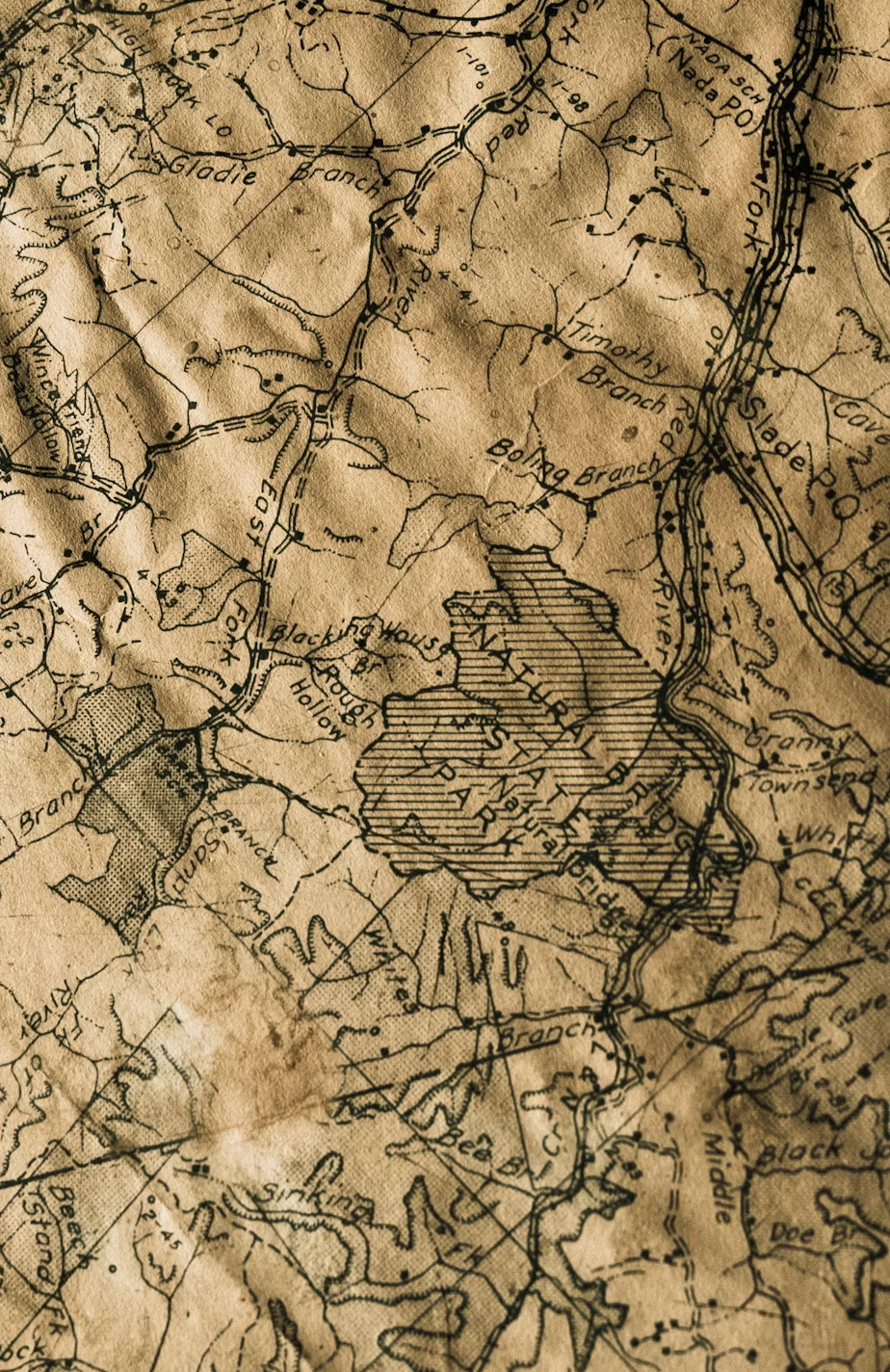I know you think that evil always fades
like grass, that even when it spreads itself
like a bay tree, or cobwebs on a shelf,
time will turn it back, as sun with shade,
or moonweight on the lines the tide has made.
But evil here is not like doves or elves,
something somehow distant from the self,
a fantasy we can pretend to trade
away with age. I have been young and now
am old, and nothing much has changed: the wind
brings news of wars. I cannot see the stars
at night because the town’s too bright. I know
the people sleeping on the street, in cars,
have nothing to defend, but they defend
it anyway because we make them do it.
They have to tell us sweetly how they failed
and how they’ll fix it when they find a way
to not be sleeping on the street. They say
they will depart from evil. We say the scales
of justice are of course forever fluid,
like water finding levels in the heart.
We tell them in our straight-faced legalese
our love for them does nothing but increase,
but we can’t be the ones to help them start
again, with their box beds and shopping carts
of clothes. The moonlight feels to us like peace.
We’re holding to the terms by which we leased
our righteousness (and watch it fade and fall apart).
Nathaniel Perry is the author of two books of poetry, Long Rules and Nine Acres, and a book of essays on poetry, Joy (Or Something Darker, but Like It). He teaches at Hampden-Sydney College in Virginia and is editor of Hampden-Sydney Poetry Review.



